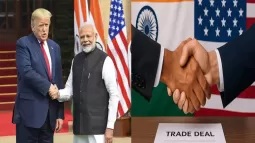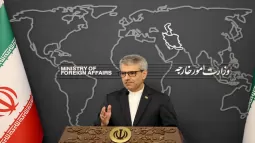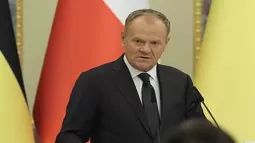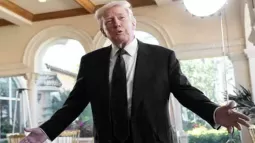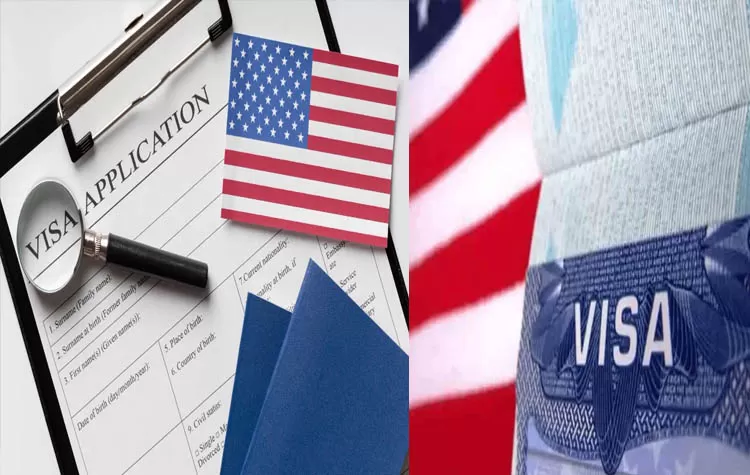
New Health-Based Visa Rules
New regulations from the US government will make it more difficult for people with chronic health conditions to be granted a visa. According to international reports, the US State Department instructed its embassies and consulates to apply the new rules in the processing of visas for applicants affected by health conditions such as diabetes and obesity.
Expanded Health Screening Requirements
Until now, immigration officials were generally looking at communicable diseases such as tuberculosis when considering a visa application. The new rules expand the list of covered conditions and require officers to examine an applicant's general health and medical history more carefully.
Where considerations along such lines were previously absent, officials will now examine an applicant's health condition, the possibility of long-term medical expenses, and even a financial burden on the US government. It says decisions should take account of the potential public expense of admitting individuals with chronic diseases.
Conditions Currently Under Review
These new regulations enumerate a variety of diseases that can make an individual inadmissible. Diseases of the heart and respiratory tract, cancers, diabetes, metabolic and neurological disorders, and mental illness are among these. According to the regulations, complications arising from obesity include asthma, sleep apnea, and hypertension, each entailing long-term management.
Financial Responsibility and Family Health Checks
Additionally, visa officers have been instructed to check that applicants can pay for their health care and would not depend upon the US government for support, and also the health of the family members accompanying them.
Official Response and Policy Context
The US Department of State has not verified these new rules as being in effect currently. However, this step is consistent with the general line for immigration policy during the administration of former President Donald Trump, focused on enhanced entry controls.
This has included limiting the stay period of international students and exchange visitors and significantly raising H-1B visa fees to $100,000 annually in the ensuing years. These changes have elicited concerns on the part of immigrants and foreign workers over increased barriers into or remaining in the United States.


